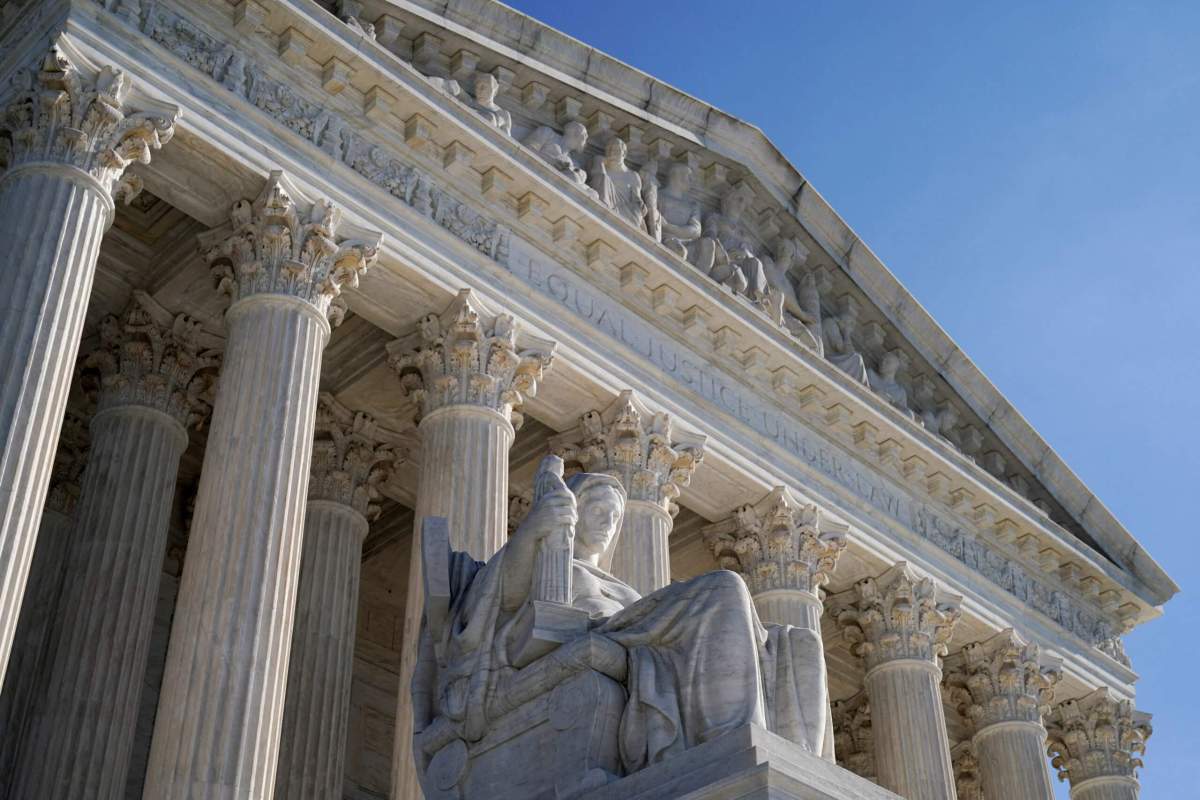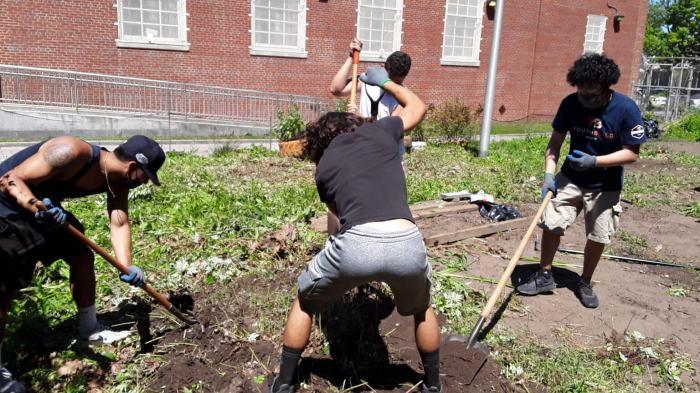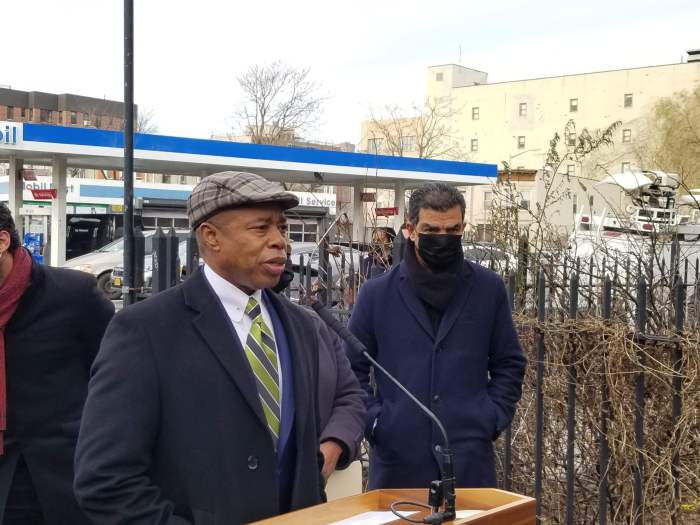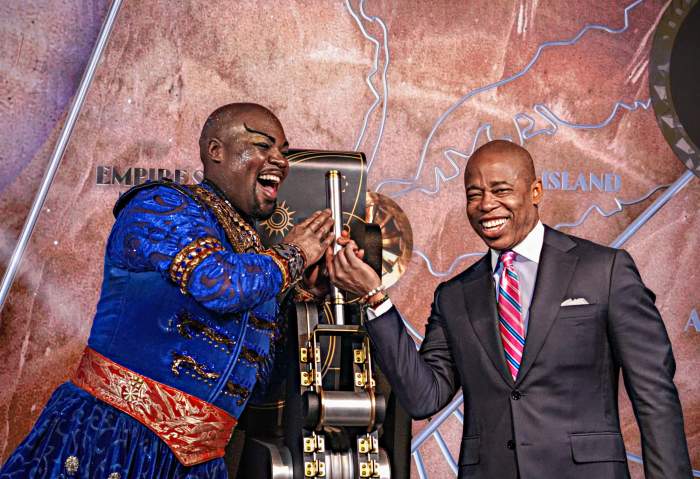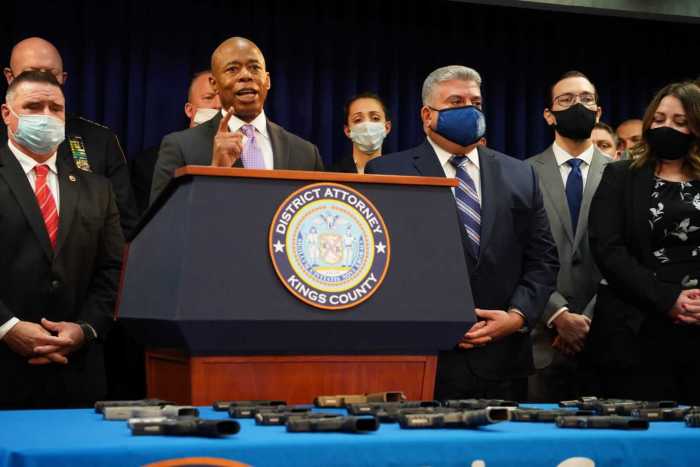Advocates and foster youth in care from the called on the city to institute a baseline $35 million in funding for services in the upcoming budget during a City Council committee hearing Wednesday.
A coalition of child welfare agencies, non-profits, foundations, and advocates demanded during a General Welfare Committee meeting that the city almost triple the amount of funding for a city mentorship program for foster youth known as Fair Futures, compared to the what Mayor Eric Adams proposed.
Mayor Adams baselined $13.5 million in his budget proposal to ensure that youth have support until the age of 21.
But advocates believe that a full baseline of $35 million will allow Fair Futures to support youth up until the age of 26 and ensure they have all they need to gain educational and job opportunities.
Fair Futures has $20 million in the current city budget, but the program’s boosters say that baselining the full $35 million will allow them to support the nearly 3,000 young people between the ages of 21-26 who have exited foster care to still have access to their Fair Future coaches and support systems.
“As a coach, I have supported my young people in every way possible,” said Amelia Ramirez, a Sheltering Arms Fair Future coach during her testimony on March 9. “Most importantly, I support them in the way they feel they need to be supported. As a result of the pandemic, our kids are experiencing more obstacles than before because they cannot do things in person the way we were before. As a coach, I’ve supported them by escorting them to appointments, connecting them with tutors, taking them out on trips to connect with nature, supporting them helping through challenging moments, and sending them care packages. Support looks different for all my youths, and as a coach, I work to ensure all their various needs are met. “
Former foster youth Ericka Francois said that while she has aged out of foster care, she continues to believe that Fair Futures was an integral part of her development as a young adult in the world, adding that the resources provided to her by the agency should be available to more young people in the city.
“My former Fair Futures coach, Megan, has been my rock through college and as I started my life as an independent young adult in New York City,” Francois said. “Because of her and my Fair Futures tutors, Phyllis and Mitchell, I was able to graduate college, which is only valid for 3% of youth in foster care. My coach has helped me with practical decisions, like enrolling in health insurance, and doing my taxes, much like a parent would. The disproportionate representation of youth of color in our foster care system speaks to the moral imperative that we prioritize proven programs to address the roots of racial inequality and how it perpetuates generation to generation. I hope the City continues to invest in and believe in its young people in foster care by maintaining Fair Futures for the years to come.”
Elizabeth McCarthy, CEO of Sheltering Arms, a children and family advocacy service affiliated with Fair Futures, spoke to just how important the $35 million investment would be for youth involved in foster care services.
“It is important [to expand on funding] because the 21-26 year olds are in such a vulnerable period in their lives,” said McCarthy in an interview with amNew York. “Though they are not in care anymore technically, in some ways it’s almost more important when they are out in the world and not in care anymore to be able to have this resource. And it will keep them from becoming homeless or involved in criminal justice, because there is someone that just keeps steering them in the right direction and just be there when they have difficult decisions to make. It is a very different thing to be a 25 year old and be faced with decisions and to not have somebody in your life who can do that.”



